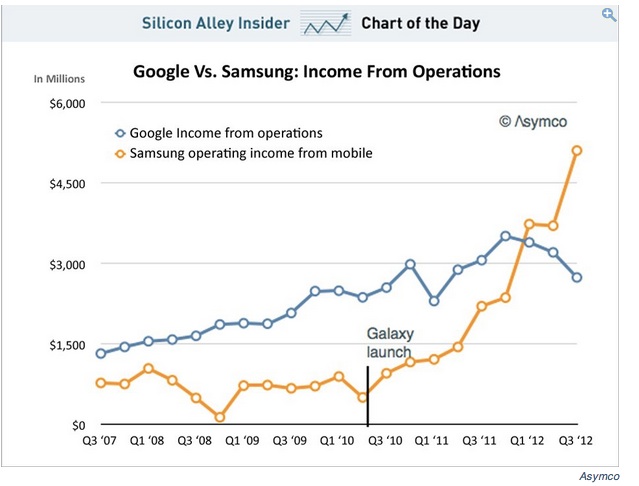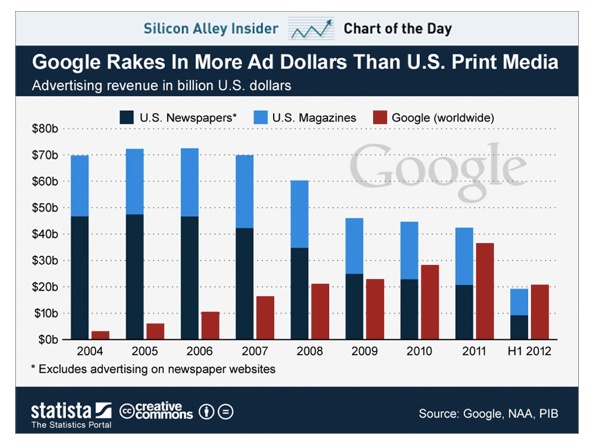Glenn Greenwald is right.
So all based on a handful of rather unremarkable emails sent to a woman fortunate enough to have a friend at the FBI, the FBI traced all of Broadwell’s physical locations, learned of all the accounts she uses, ended up reading all of her emails, investigated the identity of her anonymous lover (who turned out to be Petraeus), and then possibly read his emails as well. They dug around in all of this without any evidence of any real crime – at most, they had a case of “cyber-harassment” more benign than what regularly appears in my email inbox and that of countless of other people – and, in large part, without the need for any warrant from a court.
[…]
So not only did the FBI – again, all without any real evidence of a crime – trace the locations and identity of Broadwell and Petreaus, and read through Broadwell’s emails (and possibly Petraeus’), but they also got their hands on and read through 20,000-30,000 pages of emails between Gen. Allen and Kelley.
This is a surveillance state run amok. It also highlights how any remnants of internet anonymity have been all but obliterated by the union between the state and technology companies.
Yep. The only consolation is that the National Security State in this case ate its own tail, by bringing down its Chief Spook. The Law of Unintended Consequences is still in business, it seems.




